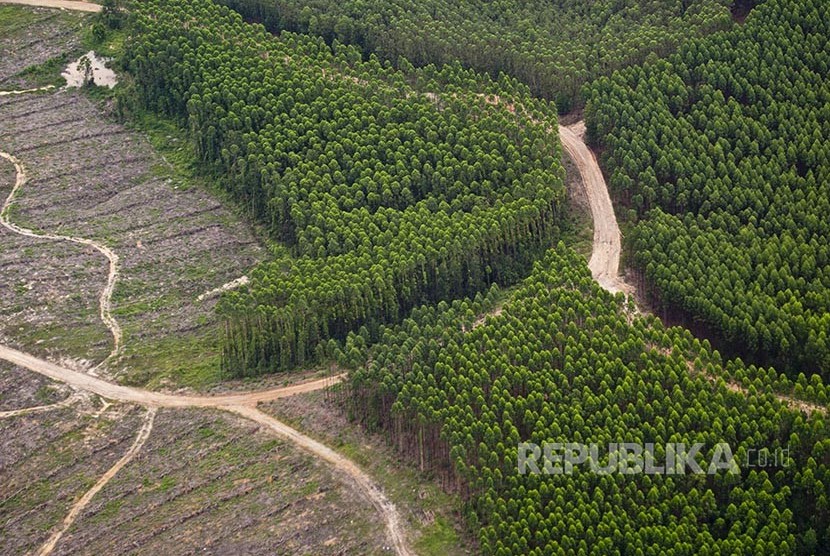REPUBLIKA.CO.ID, JAKARTA -- Indonesia is the world's model for restoring peatlands, according to the United Nations Environment Programme (UNEP).
Taking into account the importance of tropical peat protection and restoration, the UNEP had launched the Global Peatland Initiatives (GPI) along with member countries that have peatlands, such as the Democratic Republic of Congo, Peru, and Indonesia.
The GPI was launched at the 2016 United Nations Climate Change Conference of the Parties in Morocco.
"The GPI is a foundation that allows Indonesia to serve as an example in the efforts to restore peatlands and lowland landscapes where peat domes are located," Tim Christophersen, UNEP's Senior Programme Officer, Forests and Climate Change, stated here on Monday (May 15).
Christophersen made the statement at the second meeting of GPI partners that was also attended by the representatives of the three countries, UN agencies, donors, universities, as well as civil societies.
The meeting aimed at updating global peatland-related databases and compiling sustainable peatland management experiences and peat restoration strategies.
Indonesia is considered to be the most compliant country for the Paris COP21, as it has become the first nation to conduct massive peat restoration activities and is committed to reducing greenhouse gas emissions to one giga ton.
On the same occasion, Head of the Peat Restoration Agency Nazir Foead expected that the GPI would open great opportunities for the agency to share its experiences and take a cue from other countries on the protection and recovery of peat ecosystems appropriately, effectively, and efficiently.
"We are the most progressive country in terms of the policies to manage peatland areas. Other countries will be looking at Indonesia on how we are implementing conservation policies and arrangement points under the supervision of the UNEP," he noted.
According to the UNEP, peatland-related issues stem from the limitations and lack of knowledge of the importance of peat ecosystems to protect the global climate.
Consequently, peatlands, which are a vulnerable ecosystem with rich biodiversity, tend to be converted into cultivated concession areas through massive peat drainage.
Such land use policy is certainly inappropriate. Hence, the governments of several countries having large peatlands need to adopt firm measures to protect these areas, as it is also in line with the Paris Agreement.


